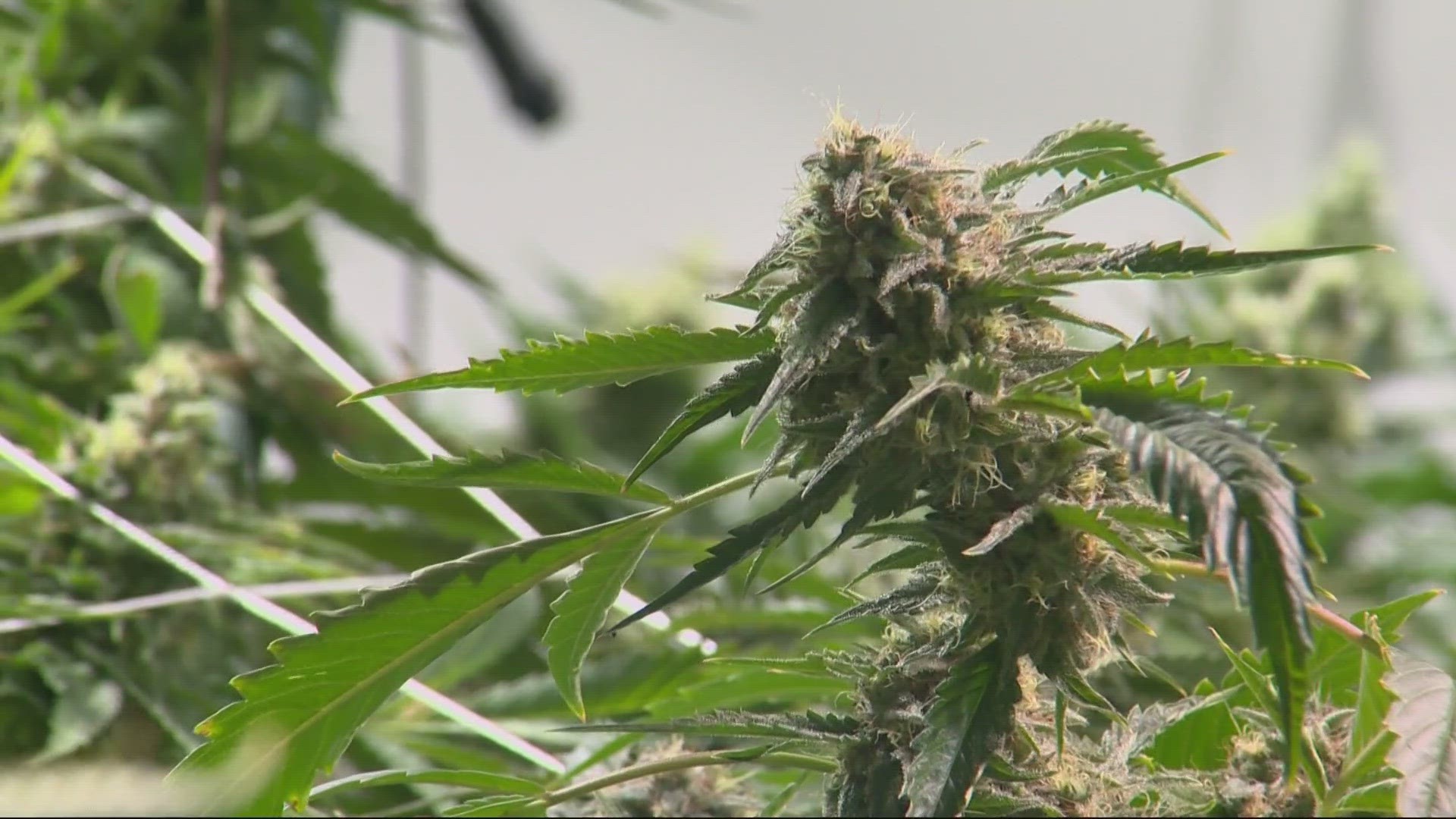ONTARIO, Ore — Ontario, the cannabis hotspot on Oregon’s border with Idaho, is leading another push to allow for a higher local tax on retail sales.
The proposal faces broad opposition from the industry.
Senate Bill 1506 would allow cities and counties to assess a 10% tax, up from the current 3% ceiling. Local voters would have to sign off on the higher tax. If a city adopted a higher rate, one-fifth of the additional revenue raised would go to its home county.
A similar bill passed the Senate in the waning days of the 2021 Oregon Legislature, but was not taken up by the House.
Ontario has support in its quest from the League of Oregon Cities and Association of Oregon Counties.
Those organizations press the point that voter-adopted Measure 110 reduced the share of state cannabis tax money flowing to cities and counties by 73%, or around $50 million in the current two-year budgeting period.
“City revenues are struggling due to the pandemic and longstanding issues with the property tax system,” the cities group told lawmakers in written testimony. “Measure 110 is only making these problems worse.”
Ontario’s big issue is the influx of buyers from the Boise area.
The 11,000-population town in Malheur County has nine cannabis stores and four more on the way. Adult-use sales were around $111 million last year, 10.2% of Oregon’s total. City representatives say the stores lure 2,700 visitors daily, stressing a range of services.
“If this bill is approved, it would help Ontario to cover its costs from the influx of traffic stemming from the high volume of marijuana sales to Idahoans,” Sen. Lynn Findley, a Republican who represents Malheur County, said in a committee hearing on Monday. “The additional revenue would be directly invested in public safety, community infrastructure, streets, parks and recreational amenities, housing and a newly created 529 education program for Ontario’s youth so this city is better poised to be an attractive option for new residents.”
Read the full story at the Portland Business Journal.



